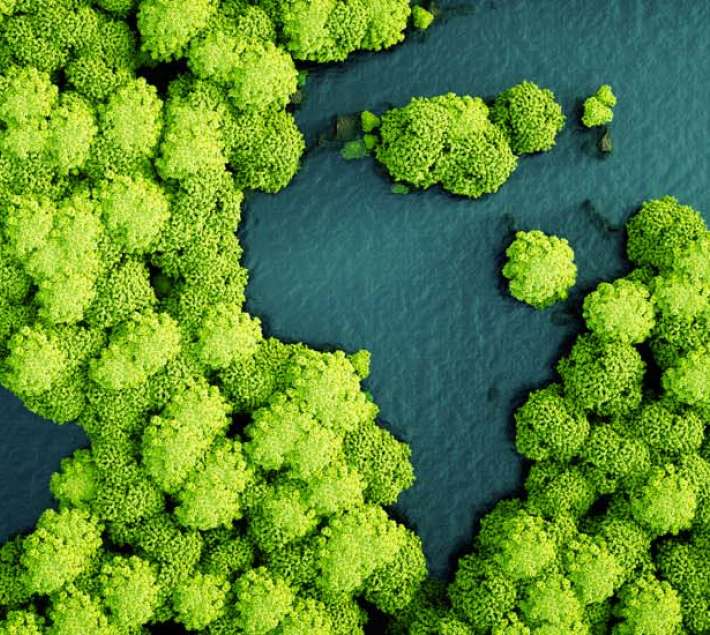I woke up in Luton that winter morning in 2011 knowing that the decision had been made. It was on a gap year between my first and second degrees and, like many people in their twenties, I didn’t know what to do with my life – at all!
Overwhelmed with all the possibilities the world offered, I decided to give myself a little break to figure out what to do next. So, after completing my bachelor degree, I set off with a friend on our work and travels abroad.
After two months I slowly started to have doubts and a voice within me was whispering “is this what I really want to do with my time?”. Then it became louder and finally it was screaming “do something more, something meaningful, something that might change things".
So soon, I found myself in Portugal, in the middle of nowhere, with 40 other young people from all around the world – sleeping in two rooms and receiving training that was to prepare us for a volunteering project called “Make it Possible”. The project was focused on raising the awareness about the UN Millennium Development Goals (MDGs) among Portuguese students.
MDGs and SDGs
MDGs were the result of world leaders signing the Millennium Declaration in 2000, where they agreed to work towards a set of eight objectives for combating poverty, hunger, disease, illiteracy and environmental degradation and promoting access to education and gender equality.
In 2015 new UN goals - 17 Sustainable Development Goals (SDGs) built on the successes of the Millennium Development Goals, while including new areas such as climate change, economic inequality, innovation, sustainable consumption, peace and justice, among other priorities. I’m happy to say that I took part in the MDGs promotional campaign and that currently I work for Impact, because our company strongly supports the SDGs (Goal 17).
For the following six weeks, we were divided into groups and taught students across the country, from Porto in the North to the sunny Algarve in the South, about the MDGs, current world situation, the challenges related to fulfillment of the goals, as well as how youths could contribute.
At the end of the project we organised a cross-country event called “Drawing Attention Day”, this happened simultaneously on the main squares in all the towns and cities where we, as volunteers, had worked. The event was a huge success on two counts, 1) because many curious citizens stopped and enquired about our campaign, and 2) because we saw a lot of engagement in our students around social responsibility, something that only a few weeks before, they hadn’t even thought about.
Since 2011 the project has been repeated each year and the focus is now on Sustainable Development Goals - SDGs.
We were part of something big and I felt I was doing the right thing, whatever would happen next.
It was incredible to see how much will and passion people have to make some positive impact in the world – an unforgettable and truly life-changing experience (literally because then I moved to Portugal for three years and did my second degree there).
The lessons from my volunteering experience are tremendous. I’ve learned a lot from all the inspiring people I met during the project and realised that a change starts from each one of us and like the name of the project, we can “Make it Possible” with much less effort than we think. I totally encourage everyone to do some volunteering work whenever they have some spare time – no matter if it’s in Africa or your hometown – the satisfaction is enormous and the help is really needed.
“Be the change that you wish to see in the world." Mahatma Gandhi
Practical information
Usually, voluntary work means that we receive free accommodation, sometimes food and other extras and work a couple of hours per day. The most popular way to apply for volunteering work for students is through the organisation I went on a programme with - AIESEC. Other organisations helping to find voluntary work are: Workaway, European Voluntary Service or Helpx but there are many more including adverts on social media sites. There are projects related to animal protection, education (e.g. teaching English in third-world countries), saving forests, coral reefs and many many more. Some of them last 2 weeks, some 6 months - but it’s definitely possible to fit a project within or instead of your regular holidays. The choice is huge and everyone can take an action, do something meaningful at least once in their life…“Imagine all the people…”
Alicja Pietrasz works in the Business Development team at Impact Poland.
